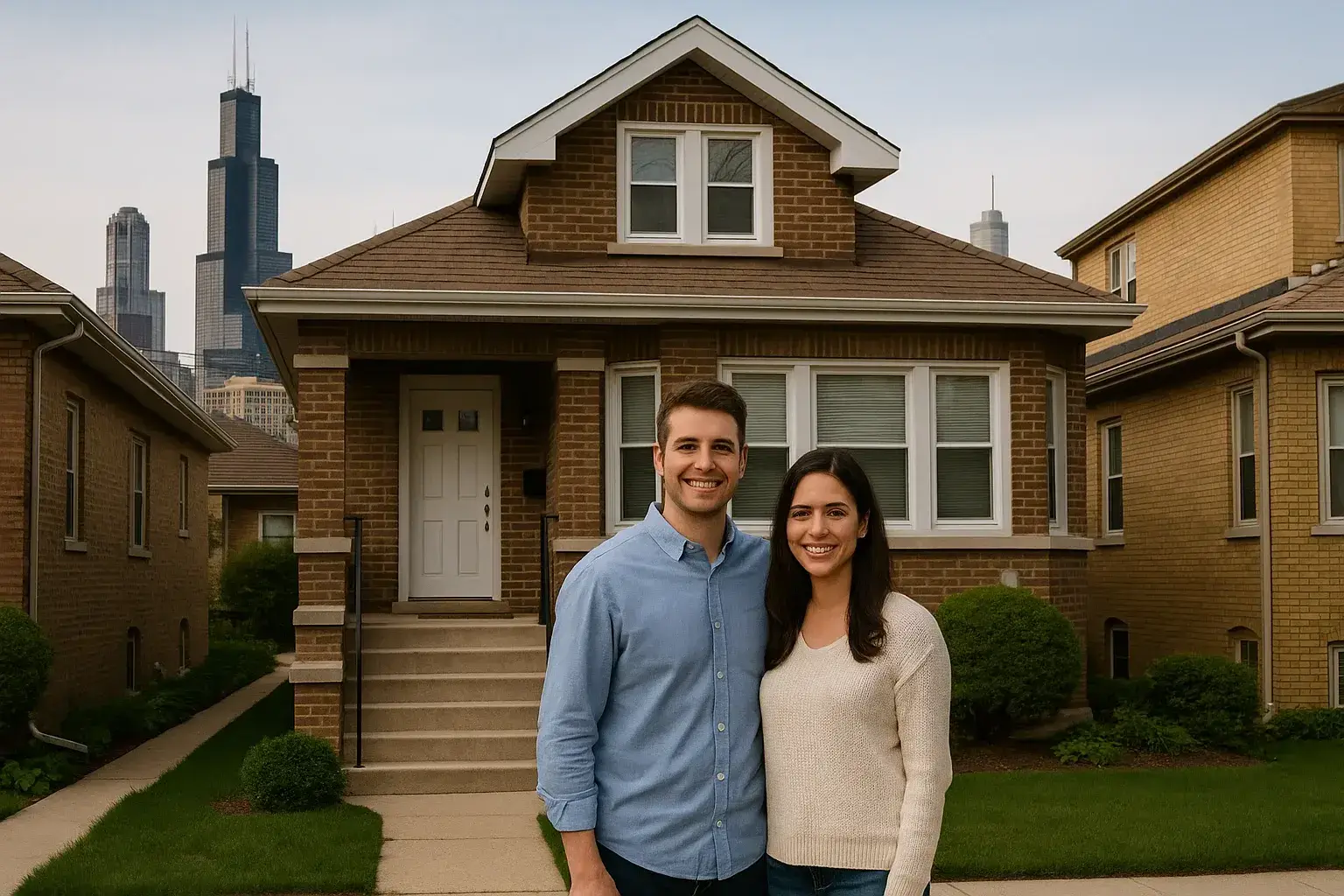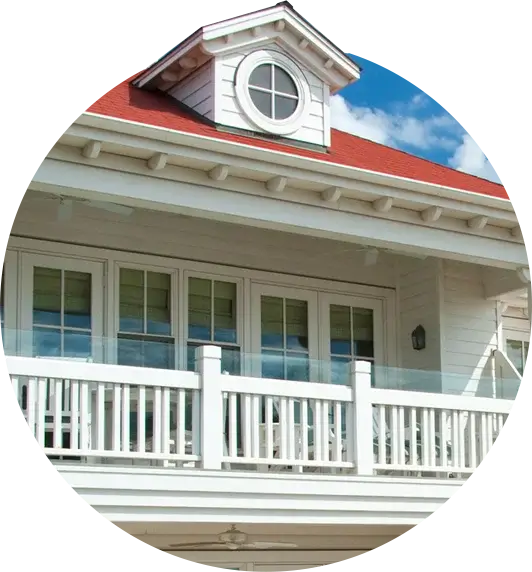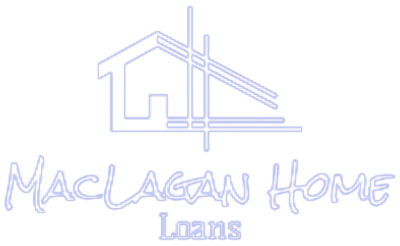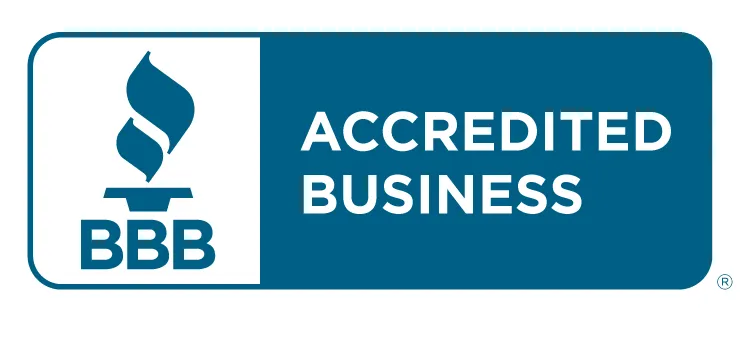Conventional Loans in Illinois
Expert mortgage guidance and quick approvals for Illinois conventional loans.
Answer a few simple questions in our 30-second mortgage survey. No credit check and your info is never sold

What Are Conventional Loans?
A conventional loan is the most common type of mortgage, accounting for more than 60% of home loans in the United States. These mortgages aren’t insured or guaranteed by the government but instead follow standards established by Fannie Mae and Freddie Mac. Conventional loans are perfect for homebuyers with established credit and steady income who are looking to purchase primary residences, vacation homes, or investment properties. They offer flexibility in terms and rate options, making them suitable for a wide range of borrowers from first-time homebuyers to experienced real estate investors.
What Do You Need To Qualify for an Conventional Loan?
- No minimum credit score needed (recent change)
- 3% down payment for first-time homebuyers
- 5% down payment for repeat buyers 50% maximum DTI
- No mortgage insurance with 20% down
- Loan terms ranging from 5 to 30 years
- Fixed or adjustable rate options available.
- Property Usage: primary, second / vacation home, or investment property
- Eligible property types: single family residences, townhouses, condos, and multi-family.
Who Are Conventional Loans For?
Conventional loans cater to a broad spectrum of homebuyers, from first-time purchasers to seasoned real estate investors. They’re particularly suitable for borrowers with strong credit profiles, stable income, and some money saved for a down payment. If you’re buying a primary residence, vacation home, or investment property, conventional loans offer flexibility and competitive terms. These mortgages work well for those purchasing various property types, including single-family homes, condos, townhomes, or small multi-family buildings. Conventional loans are also perfect for homeowners looking to refinance, whether to reduce their interest rate, change their loan term, or tap into their home’s equity. Low to moderate-income borrowers may qualify for special conventional loan programs with reduced down payment requirements.
The Conventional Loan Process and How To Get Started
The conventional loan process with Client Direct Mortgage is designed for efficiency and convenience. Here’s how to get started:
Apply online through our Conventional Loan Qualifier or schedule a personal consultation with our mortgage experts. We’ll need basic documentation including your ID, income verification (pay stubs, W-2s, tax returns), and recent bank statements to begin the pre-approval process.
To get started on your conventional loan:
- Complete your qualification survey
- Schedule a call or a member or our team will contact you shortly
- Upload your documents to your online portal
- Within 24 hours you will pre-approved for your mortgage and ready to start shopping for your new home or started on your refinance
- 21 days or less needed to close


Do I Qualify A Conventional Loan?
Wondering if your specific financial situation will qualify? General guidelines don’t tell the whole story. Many borrowers are surprised to learn they qualify despite concerns about their credit or down payment.
With access to 100+ lenders, we can often find approval paths that typical mortgage calculators miss. Why wonder when you can know for certain?
Take our quick assessment to instantly discover your actual loan options – knowing beats guessing every time! You might be just minutes away from your path to homeownership.
Get approved Quick & Easy!
Loans we offer
Your Home Loan Could Be Fully Funded 21 Days From Now Without Any Hassles!
FHA Loans
A great mortgage option for first-time home buyers or those with limited funds. They have flexible credit requirements and offer down payments as low as 3.5%.
Read moreBank Statement Loans
The best mortgage option for self-employed borrowers. If you take all of your write offs on your tax returns and can’t qualify for a conventional loan, this is the perfect mortgage option for you.
Read moreVA Loans
The best loan option for eligible military veterans and active duty service members. 100% financing and no mortgage insurance.
Read moreJumbo Loans
A great mortgage option for borrower’s looking to finance a home that exceeds conventional loan limits. Down payments as low as 10%.
Read moreDSCR Loans
Rental property loans that require no income or employment verification. The best loan for real estate investors and landlords
Read moreFix & Flip Loans
The perfect loan option for real estate investors who are looking to finance a property that needs renovation. Finance 100% of the renovation with down payments as low as 10% of the purchase price.
Read moreConventional Loans FAQ
What are the disadvantages of a conventional loan?
Conventional loans come with a few potential disadvantages to consider. First, they generally have stricter credit requirements than government-backed loans, with most lenders requiring a minimum 620 score. For borrowers with less-than-perfect credit, this can mean higher interest rates compared to FHA loans. Down payment requirements start at 3% for first-time buyers but increase to 5% for repeat buyers, which can be challenging for some borrowers. Private mortgage insurance is required with down payments under 20%, adding to your monthly costs until you build sufficient equity. The approval process also tends to be more rigorous, with stricter debt-to-income requirements and closer scrutiny of your financial history. However, the benefits of conventional loansincluding potentially lower overall costs, the ability to eliminate private mortgage insurance, and these often outweigh these disadvantages for qualified borrowers.
Is it better to get a conventional loan or FHA?
There’s no one-size-fits-all answer to whether conventional or FHA loans are better—it depends on your circumstances. Conventional loans typically offer better terms for borrowers with strong credit (620+) and at least 3-5% for a down payment. The major advantage of conventional loans is that private mortgage insurance can be eliminated once you reach 20% equity, potentially saving thousands over the life of your loan. FHA loans are generally more accessible for borrowers with lower credit scores or limited down payment funds, requiring just 3.5% down with a 580 credit score. However, FHA loans come with both an upfront mortgage insurance premium (1.75% of the loan amount) and ongoing mortgage insurance that typically cannot be canceled regardless of your equity position. For many qualified borrowers, conventional loans offer better long-term value, while FHA loans provide an important path to homeownership for those who might not qualify conventionally.
Do conventional loans close faster?
Yes, conventional loans typically close faster than government-backed loans like FHA, VA, or USDA. This is primarily because conventional loans have fewer additional inspection requirements and less complex underwriting processes. At MacLagan Home Loans, we can often close conventional loans in14 to 21 days while government loans might take 21 to 30 days. The streamlined process makes conventional loans particularly attractive for buyers in competitive markets where closing speed can make a difference in getting your offer accepted. However, closing timelines depend on various factors, including property appraisal scheduling, how quickly you provide documentation, if you get an appraisal waiver, and current lender volumes. Working with us gives you an advantage, as we shop across multiple lenders to find those with the most efficient closing processes.
Do you have to put 20% down on a conventional loan?
No, a 20% down payment is not required for conventional loans. Today’s conventional financing options are much more flexible, with down payments as low as 3% for first-time homebuyers through programs like HomeReady and Home Possible. Repeat buyers typically need at least 5% down. The 20% threshold is important because it eliminates the need for private mortgage insurance (PMI), which adds to your monthly payment when you put less down. Additionally, a larger down payment can help you secure better interest rates and improves your chances of approval with multiple lenders. However, many qualified borrowers choose smaller down payments to maintain financial reserves or enter the housing market sooner. We can help you compare different down payment scenarios to find the right balance for your specific situation.
How much is Private Mortgage Insurance on a conventional loan?
Private Mortgage Insurance (PMI) on conventional loans typically ranges from 0.15% to 1.95% of your loan amount annually, depending on several factors. The most significant factors affecting your PMI rate are your credit score, loan-to-value ratio (LTV), and debt-to-income ratio. For example, a borrower with a 760 credit score making a 15% down payment might pay around 0.25% annually, while someone with a 620 score making a 3% down payment could pay closer to 1.5%. On a $300,000 loan, this translates to about $63-$375 per month. The good news is that conventional loan PMI is automatically canceled once you reach 22% equity, and you can request cancellation once you reach 20% equity. This is a significant advantage over FHA loans, where mortgage insurance often remains for the life of the loan. We can provide you with specific PMI estimates based on your financial profile.

